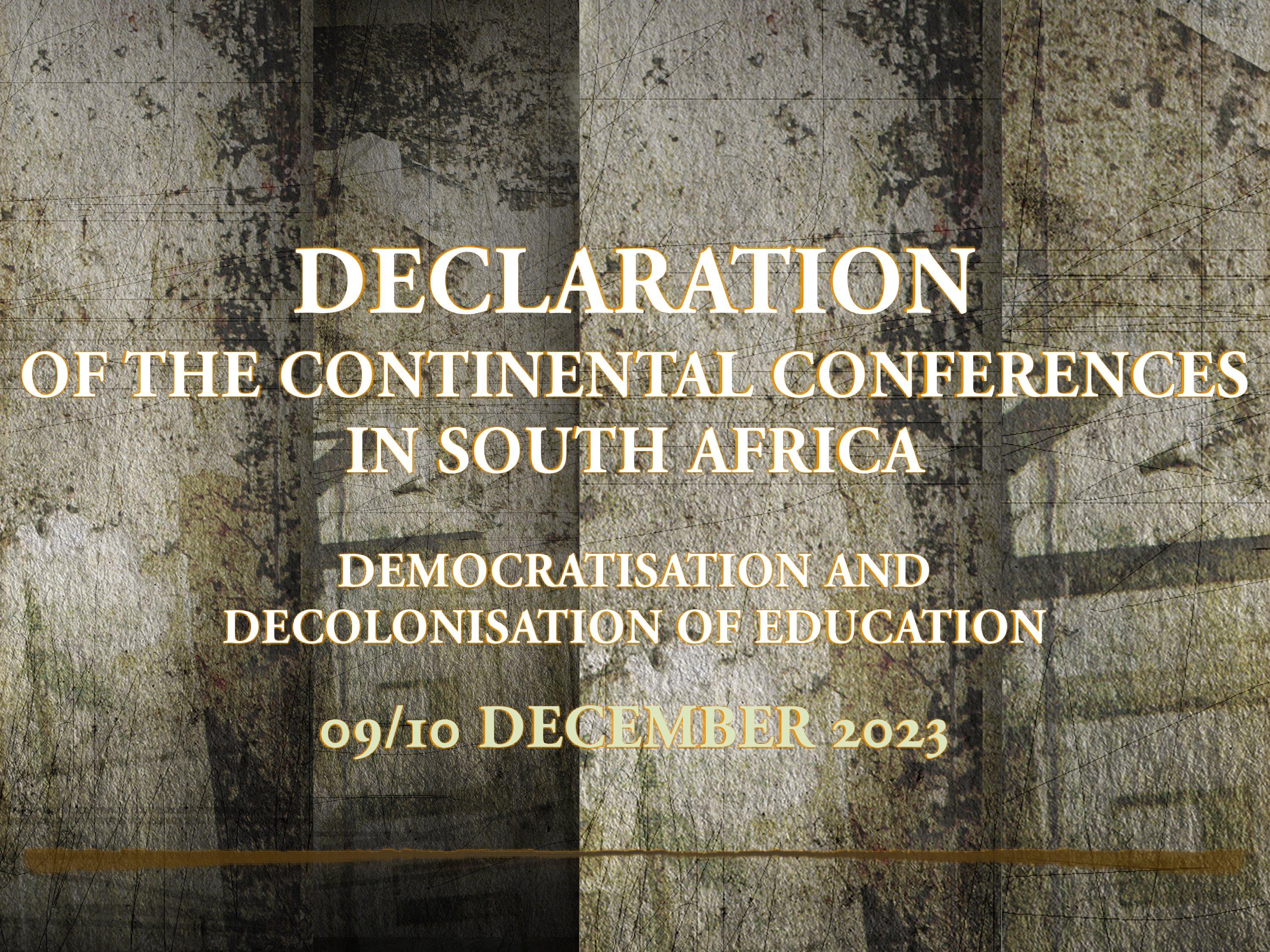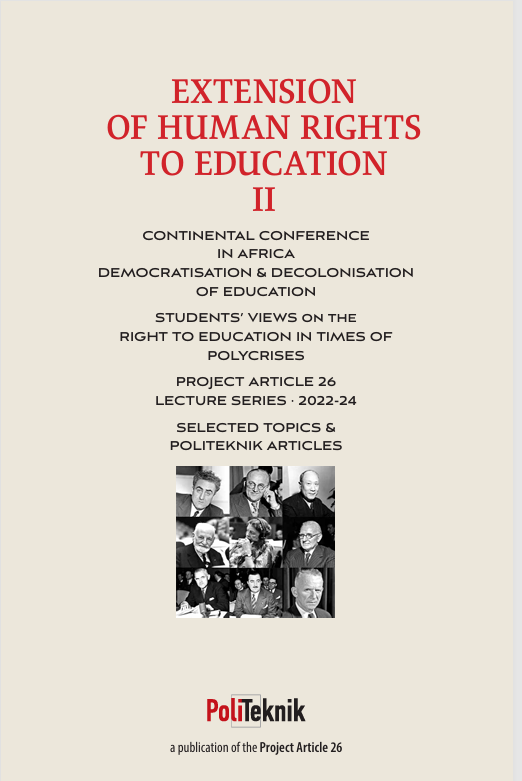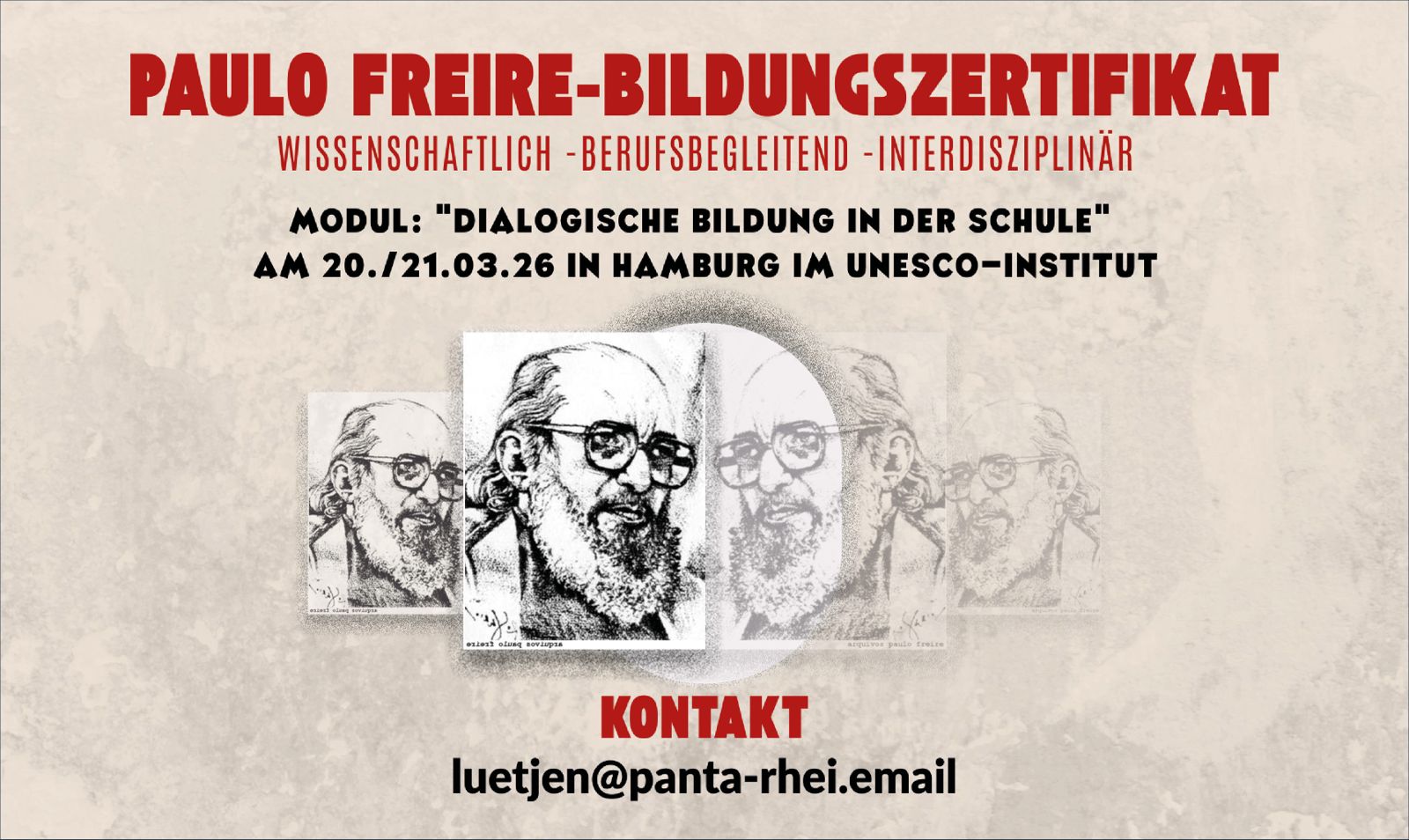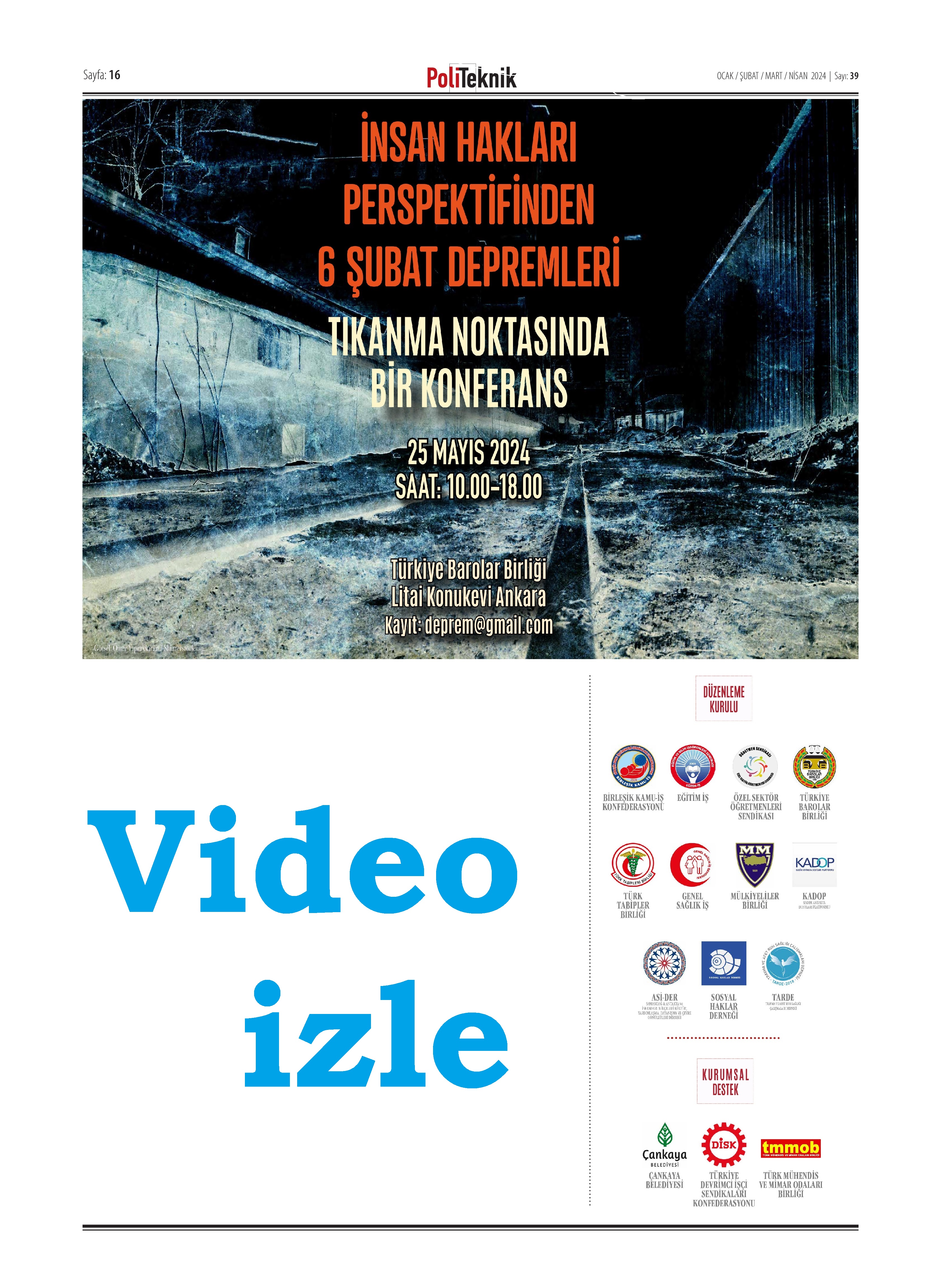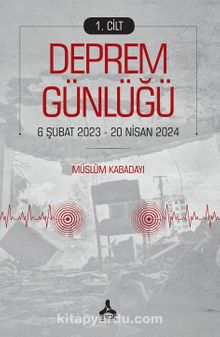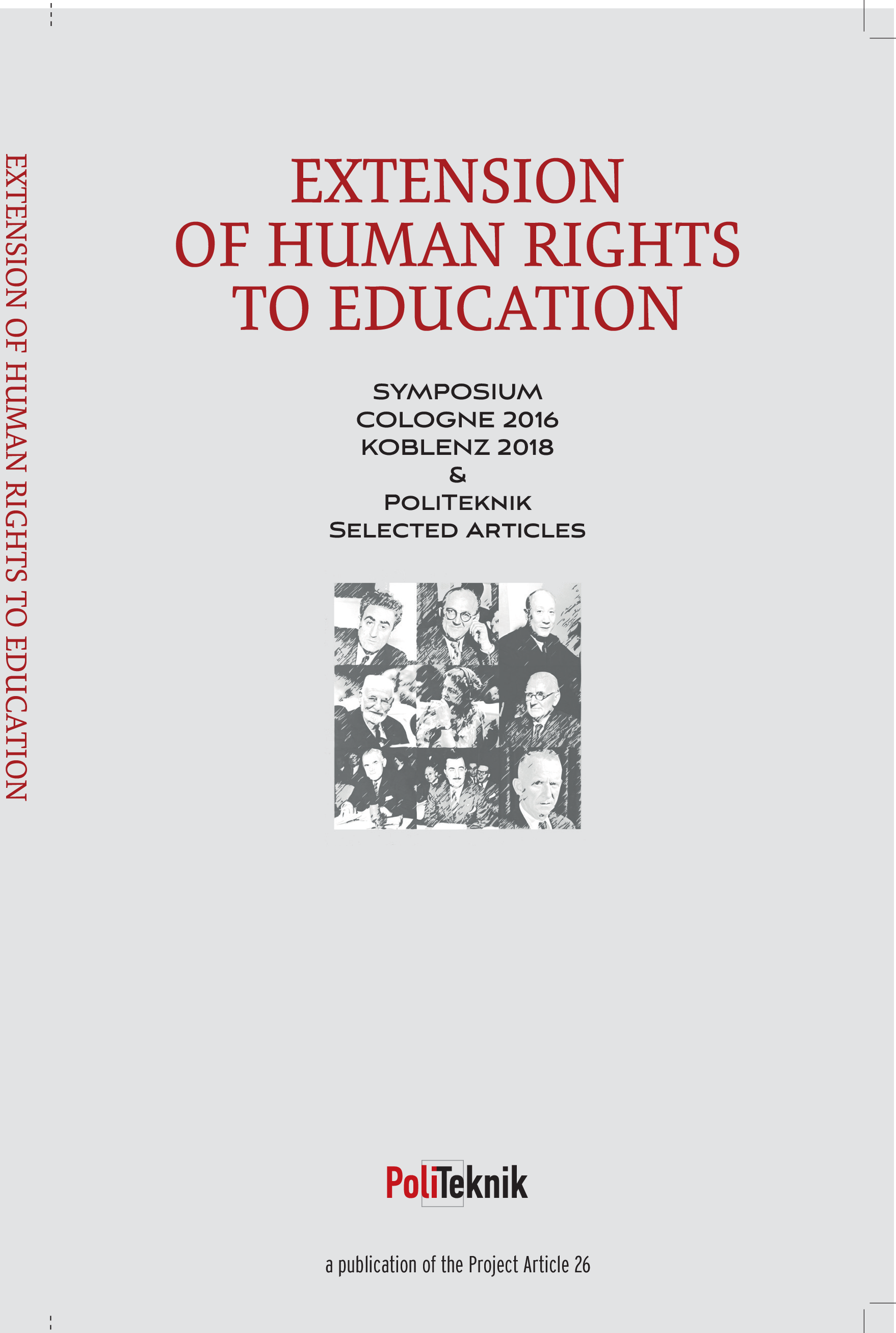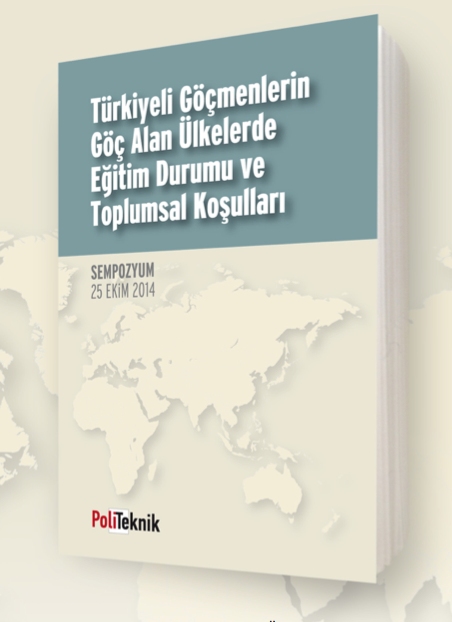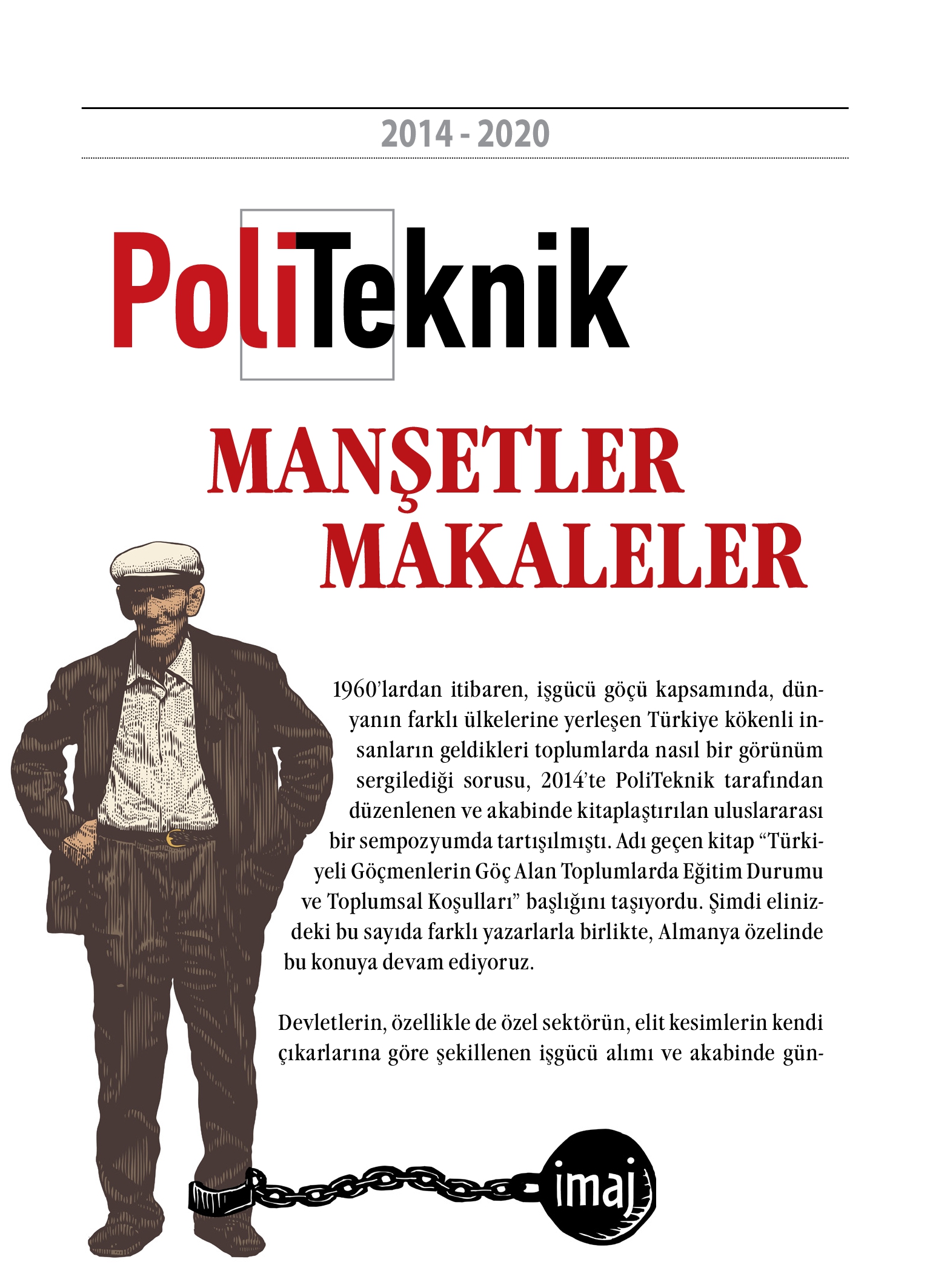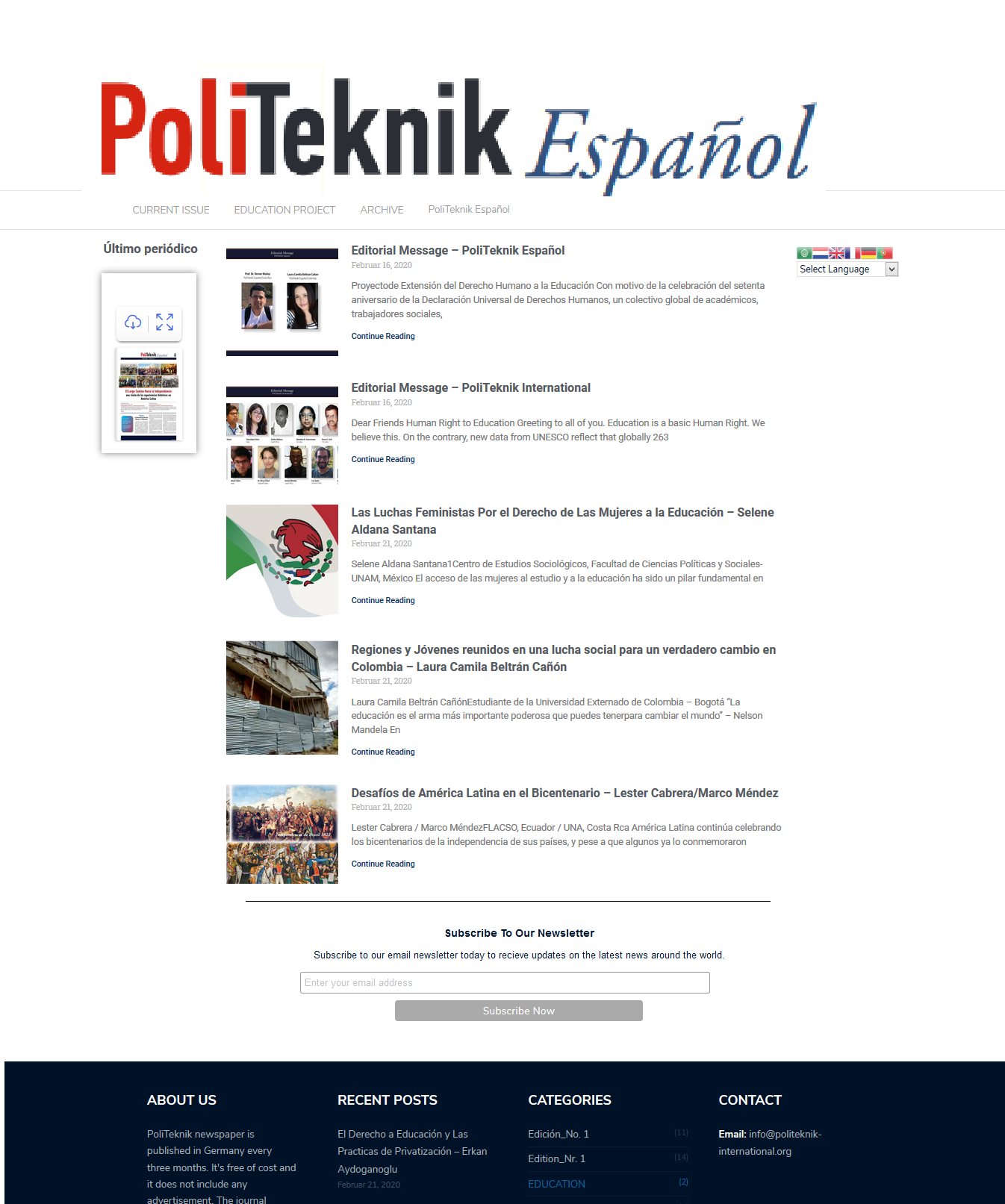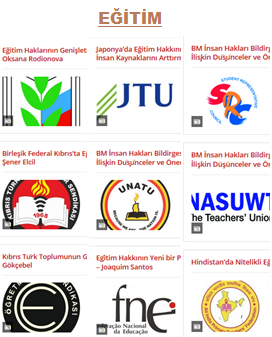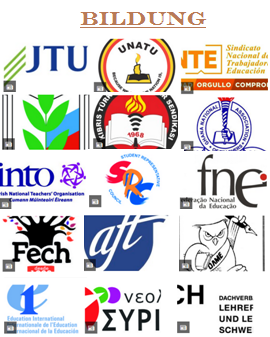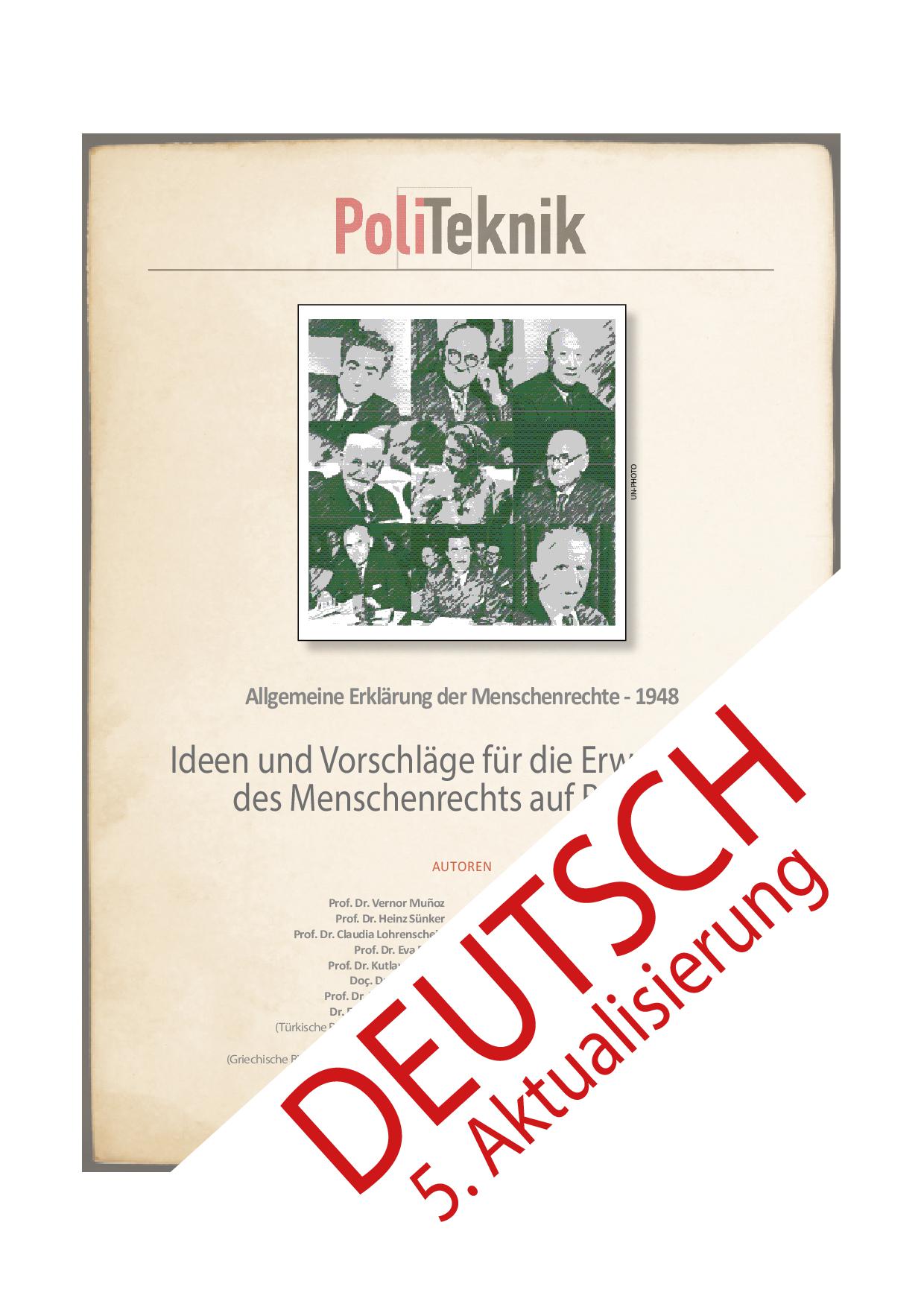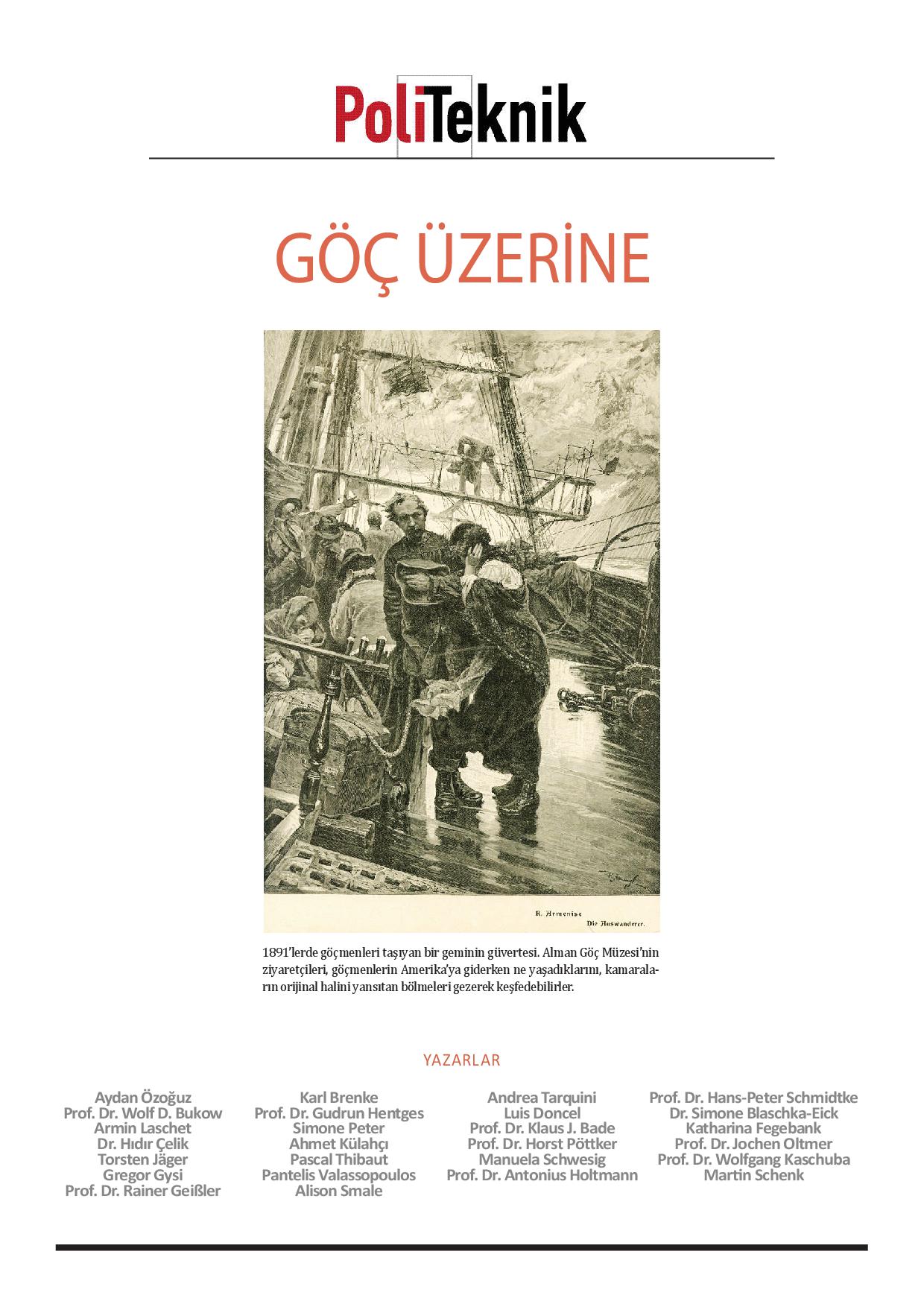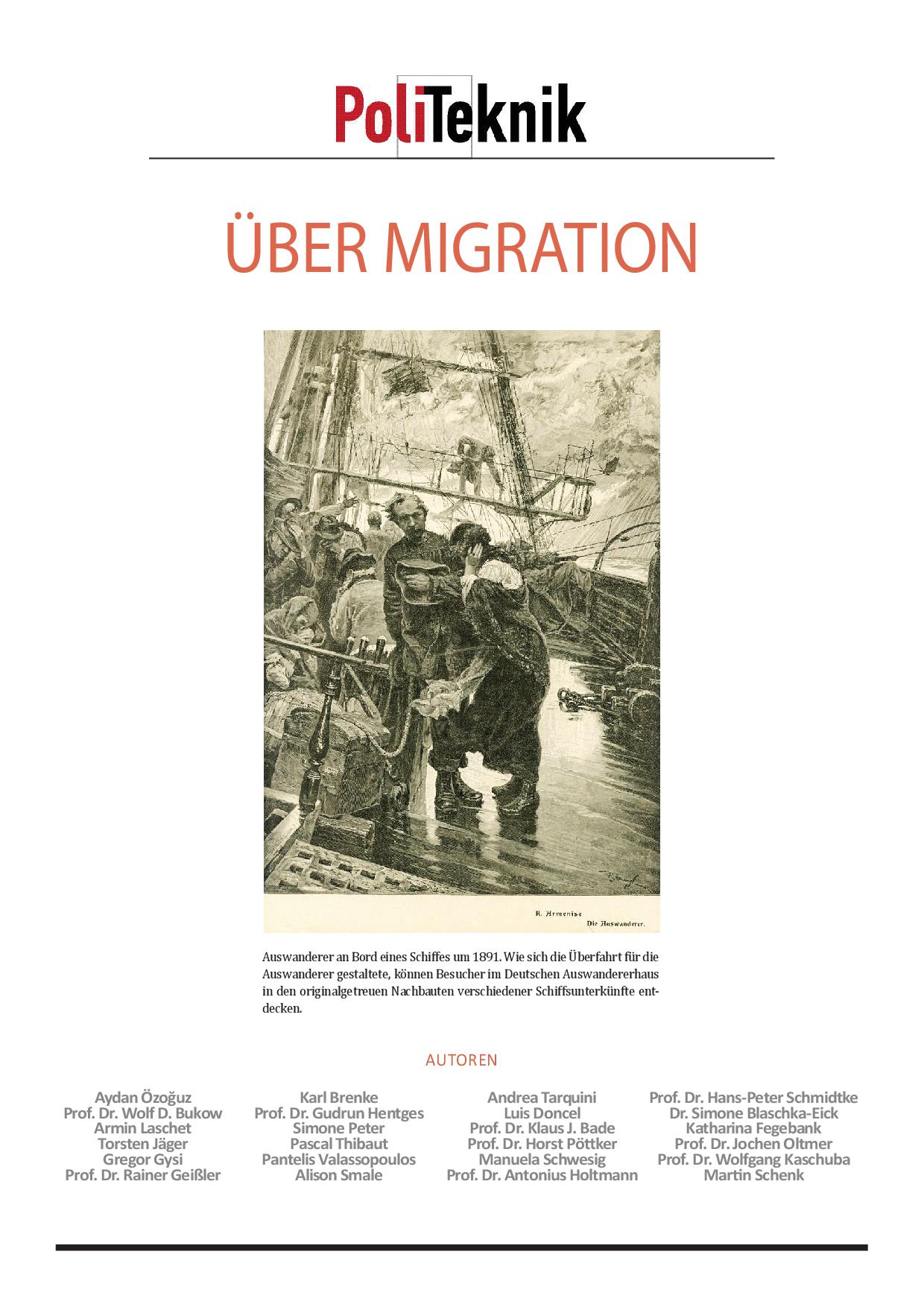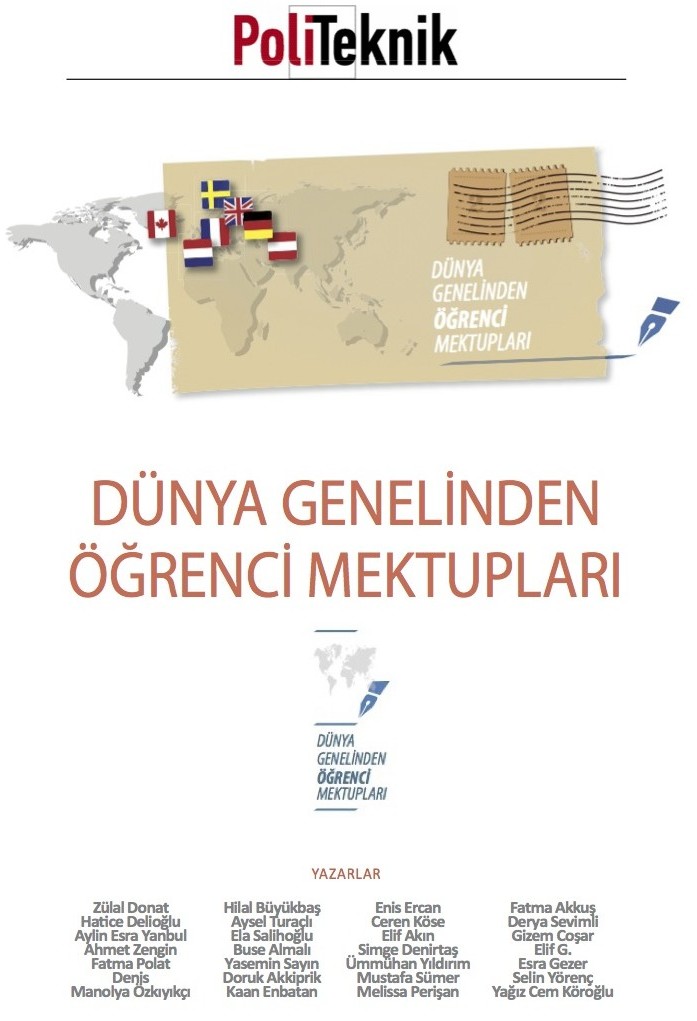In the pursuit of fostering a transformative and inclusive education system in Africa, we, the delegates of the Continental Education Conference convened in South Africa, southern sun,Hotel declare our commitment to addressing crucial dimensions shaping the educational future in the African continent.
Key Principles include
• Education as
Empowerment Tools:
We firmly believe in education as a powerful tool for empowerment, transcending the acquisition of knowledge to catalyze social, economic, and political transformation. As Nelson Mandela aptly stated, “Education is the most powerful weapon which you can use to change the world.”
• Democracy, Freedom and
Education:
Recognizing the intrinsic link between democracy, freedom, and education, we affirm our commitment to championing democratic principles and safeguarding freedom as essential pillars of a robust educational framework.
• Colonization and
Educational Invasion:
Addressing the impact of colonization on education is crucial for breaking free from historical constraints. We commit to decolonizing education, fostering an affordable model that reflects diverse perspectives, economic conditions, and narratives of Africa.
• Overcoming Apartheid Legacy:
Striving for an equitable approach in education is key to overcoming the enduring legacy of apartheid. Education should serve as a tool for reconciliation and empowerment, dismantling historical inequalities.
• Cultural Context Matters:
We emphasize the paramount importance of aligning education models with the rich and diverse cultural and value-driven needs of Africa. This alignment ensures that education is not only relevant but also inclusive, respecting unique identities and traditions.
• Language Sensitivity:
Acknowledging language as a sensitive issue in education, we commit to linguistic inclusivity. Effective learning can only occur when language barriers are dismantled, ensuring education is accessible to all, regardless of linguistic background.
• Investment in Education:
Stressing the critical need for investing in education, we advocate for allocating adequate resources to ensure quality learning environments, favouring a triple- axis approach.
• Creating Conditions for
Quality Education:
Recognizing the importance of basic utilities for learning environments, we underscore the necessity for conducive conditions. Basic amenities like water and electricity must be assessed and ensured to create an environment conducive to quality education. Education rights inspired by ubuntu ethics guide our efforts.
• Social Capital for Children:
Recognizing children as social capital emphasizes our commitment to viewing education as an investment in the empowerment of future generations.
• Changing Trends in Education:
Addressing the challenges of children not attending school calls for adaptive strategies to meet evolving needs. We commit to being agile in responding to changing trends, leveraging technology, and adopting innovative approaches.
• Participatory Education:
Emphasizing the relevance of a participatory approach to education promotes inclusivity and engagement. Education should be a collaborative effort, involving students, communities, educators, and civil society actors in shaping the learning experience.
• Political and Human Rights
Linkage:
Recognizing the connection between political and human rights reinforces the holistic nature of education. A comprehensive education system not only imparts knowledge but also instills values of justice, equality, and human dignity and good governance
• Networking and Solidarity:
Collaboration with Education International (EI) and other regional officers is critical in gaining legitimacy. Networking and solidarity among educators and stakeholders will strengthen our collective efforts to advance the cause of education in Africa, capitalizing on the protocols of the African Union.
• Poverty Alleviation:
Recognizing education as a key driver for achieving economic independence for individuals and communities.
• Joint Initiatives for Diversity:
Encouraging joint initiatives across diverse backgrounds including migrants and refugees promotes cultural understanding and cooperation, creating a harmonious educational environment that celebrates diversity globally.
• First Five Years Importance:
Emphasizing the critical nature of the first five years of a child’s life underscores the need for quality pre-primary education, laying the foundation for lifelong learning and success.
• Security and
Education Connection:
Acknowledging the phenomena of education and security highlights the interdependence of safety and effective edutional model.
• Influencing UN Council for Equity:
We advocate for equity in consideration and call for the elimination of double standards. We encourage active participation and collaboration with the United Nations Council to address educational disparities and promote an equitable approach.
• Structural Approach to
Project Implementation:
A structural approach to project implementation is essential for the effective execution of educational initiatives. We emphasize the need for systematic planning, transparent processes, and accountability in all educational projects.
• Access to Education for
Children of Refugees
The positive steps taken in 1998, 1996, and 2008 are acknowledged, but we emphasize the need to bridge gaps between conventions and policy implementation. We recognize the unique challenges faced by children of refugees in accessing education. Efforts must be intensified to eliminate the gap and ensure inclusivity in educational opportunities
• Privatisation of Education
Acknowledging the importance of ensuring access to quality education for all individuals and affirm that privatization should not be considered a substitute for publicly funded education ,Emphasizing the principle that education should remain accessible to all members of society,
* This article is published simultaneously in Poli-
Teknik Turkish edition, PoliTeknik International
and PoliTeknik Español.

